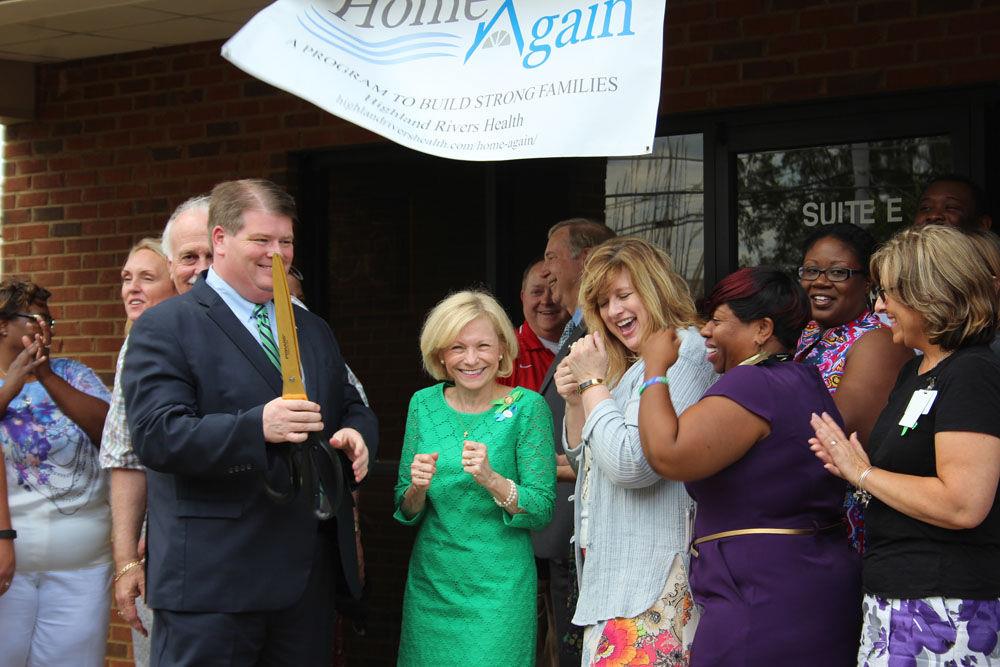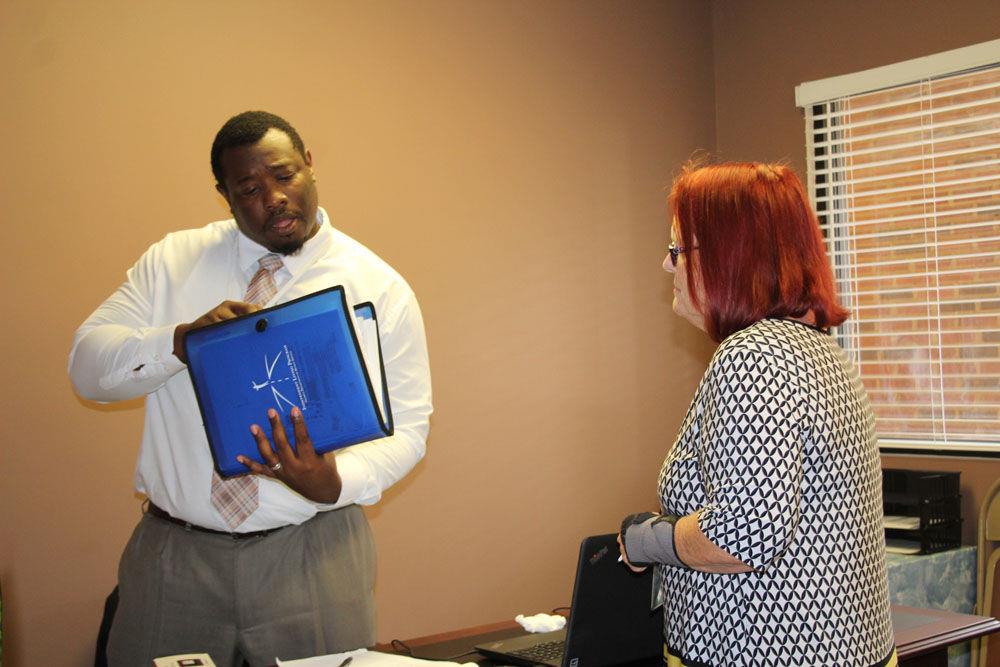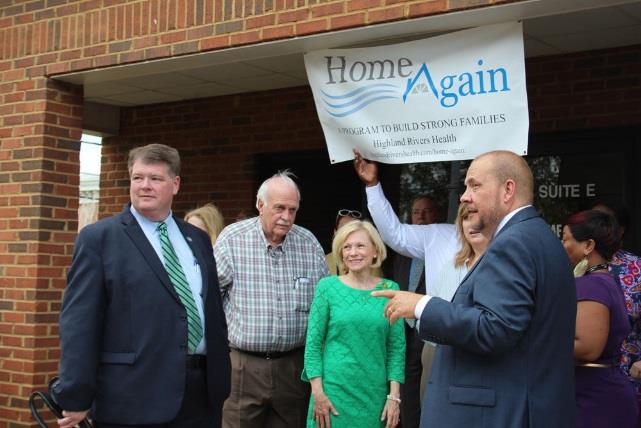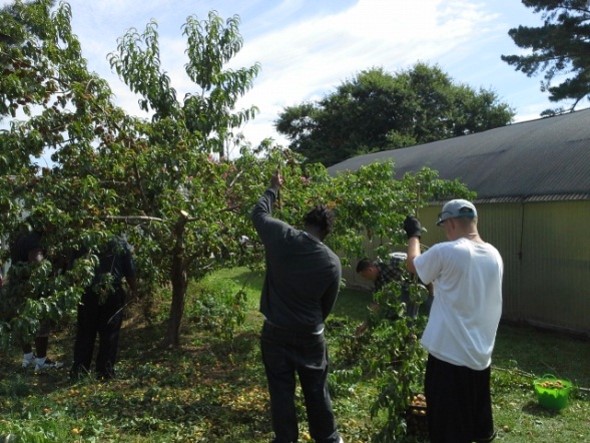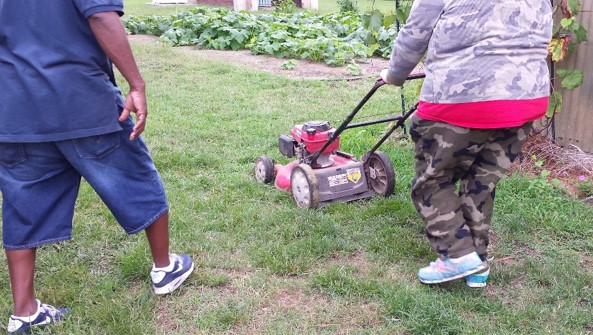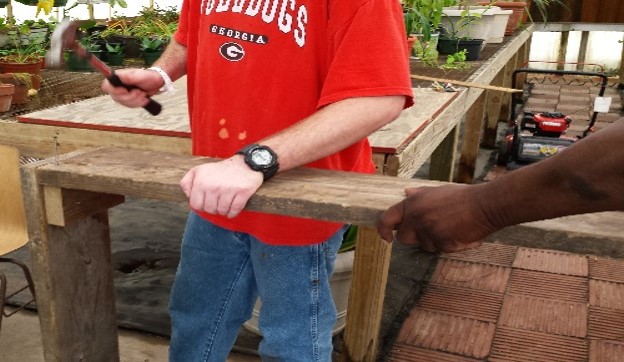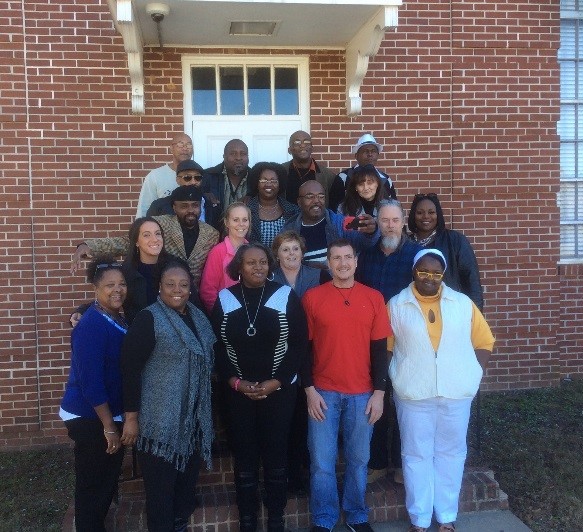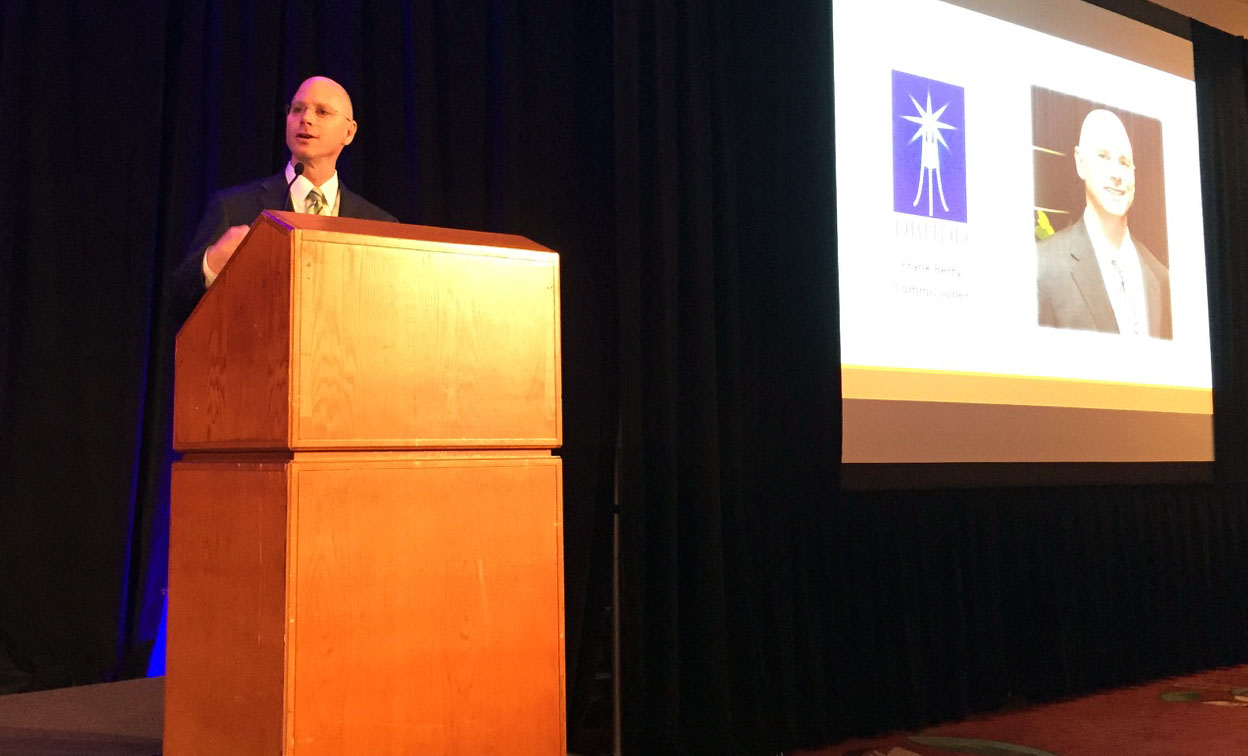Greetings and welcome to (almost) spring, whether the temperature agrees or not! We have really hit the ground running this year, and it is hard to believe that we are only two months into 2019. Thursday is “Crossover Day” at the Capitol, which signals the last day for bills to cross over from one chamber to the other, providing a path to become law. Health care has been a priority in 2019, and we are grateful for the relationships we have built that allow us to serve as a resource to Governor Kemp and members of the General Assembly.
Greetings and welcome to (almost) spring, whether the temperature agrees or not! We have really hit the ground running this year, and it is hard to believe that we are only two months into 2019. Thursday is “Crossover Day” at the Capitol, which signals the last day for bills to cross over from one chamber to the other, providing a path to become law. Health care has been a priority in 2019, and we are grateful for the relationships we have built that allow us to serve as a resource to Governor Kemp and members of the General Assembly.
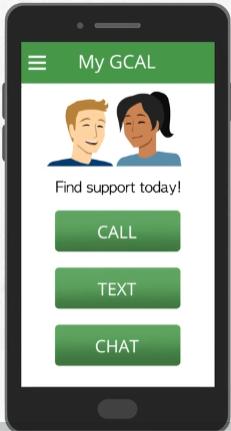
A few weeks ago, I had the privilege of standing beside the Governor and First Lady Marty Kemp when he announced the release of a new tool focused on Georgia’s youth, the My GCAL app.
This app is an additional way for people to connect with the Georgia Crisis and Access Line (GCAL), DBHDD’s 24/7 statewide helpline that provides free and confidential access to crisis and routine services for mental illness, substance use disorders, and intellectual and developmental disabilities.
For more than a decade, GCAL has helped hundreds of thousands of Georgians get the care they need through the crisis and referral line. However, we know that people under 25 are much less likely to make a phone call for help than any other age group. They prefer to text and chat online, and our service delivery systems must adapt to be relevant. During the 2018 Legislative session, Chair Katie Dempsey, one of Georgia’s many champions for children’s mental health, led the charge to secure additional funds to make this technology upgrade a reality.
Young Georgians today are under more pressure than any generation before them. Rates of anxiety and depression for teens are on the rise. Adolescence is a critical developmental age. It is also an age when many people are not comfortable telling a parent or teacher that they need help. It might also be difficult to know what to do if a friend is struggling. This can have tragic consequences for Georgia families. In the last two decades, the rate of suicide in our state increased by 16 percent, and suicide is the second leading cause of death for youth nationwide.
These facts compel us to craft new solutions and resources. DBHDD and our partner Behavioral Health Link, which operates GCAL, designed My GCAL. The app provides the same professional, confidential response as the GCAL. Users can text or chat with caring professionals trained in crisis management and de-escalation. The app can also call GCAL, which means they do not need to save or remember the number.
My GCAL is available on iOS and Android. Please urge those you love to download the app today. You might be able to connect someone to lifesaving help. We are fortunate to live in a state where such a unique, lifesaving resource is at our fingertips.
Judy Fitzgerald Commissioner, Georgia Department of Behavioral Health and Developmental Disabilities
